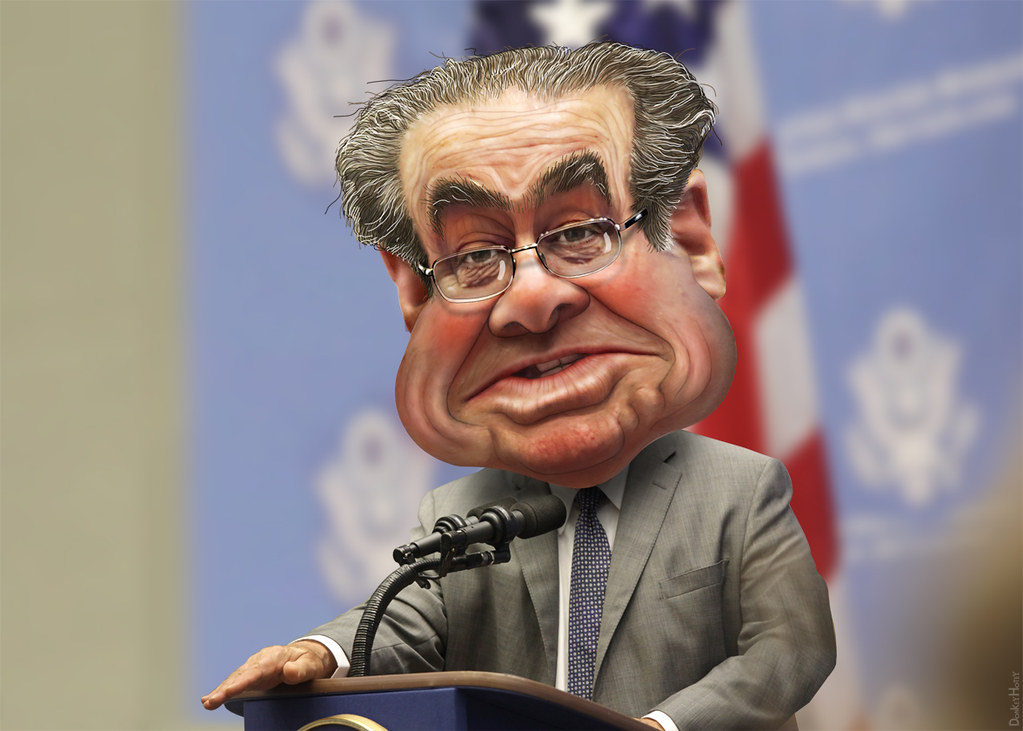Scalia’s Putsch at the Supreme Court

IN his vitriolic dissent last June from the Supreme Court’s same-sex marriage decision, Justice Antonin Scalia accused the majority of having carried out a “judicial putsch.” Justice Scalia should know. He and his four conservative colleagues were then in the process of executing one themselves.
On June 30, four days after handing down the marriage decision, Obergefell v. Hodges, the court announced that it would hear a major challenge to the future of public-employee labor unions. That case,Friedrichs v. California Teachers Association, was argued last week. As waswidely reported, the outcome appears foreordained: the court will vote 5 to 4 to overturn a precedent that for 39 years has permitted public-employee unions to charge nonmembers a “fair-share” fee representing the portion of union dues that go to representing all employees in collective bargaining and grievance proceedings. As the exclusive bargaining agent, a union has a legal duty to represent everyone in the unit, whether members or not; the fee addresses the problem of “free riders” and the resentment engendered by those who accept the union’s help while letting their fellow workers foot the bill.
The stakes are obviously high for the millions of workers and thousands of contracts covered by these arrangements in the 23 states that now permit them. If the court accepts the argument that the mandatory fees amount to compelled speech in violation of the objecting employees’ First Amendment rights, public-employee unions would forfeit hundreds of millions of dollars in dues revenue. New York and 20 other states filed a brief in support of California, which is defending its fair-share system, to argue that these provisions “are important to ensuring a stable collective-bargaining partner with the wherewithal to help devise workplace arrangements that promote labor peace.”
I want to focus here, however, not on the implications the Friedrichs case holds for the public workplace, but on what it means for the Supreme Court. Actually, I couldn’t express my concern better than Justice Stephen G. Breyer did last week when he questioned Michael A. Carvin, the lawyer for the 10 California teachers who are challenging the state’s labor law. Justice Breyer was referring to the compromise at the heart of the 1977 precedent, Abood v. Detroit Board of Education, that Mr. Carvin was asking the court to overrule. The court in that case upheld the constitutionality of the fair-share fee as long as it was limited to the union’s collective-bargaining expenses and did not subsidize the union’s political or other “nonchargeable” activities.Scalia’s Putsch at the Supreme Court - The New York Times:
